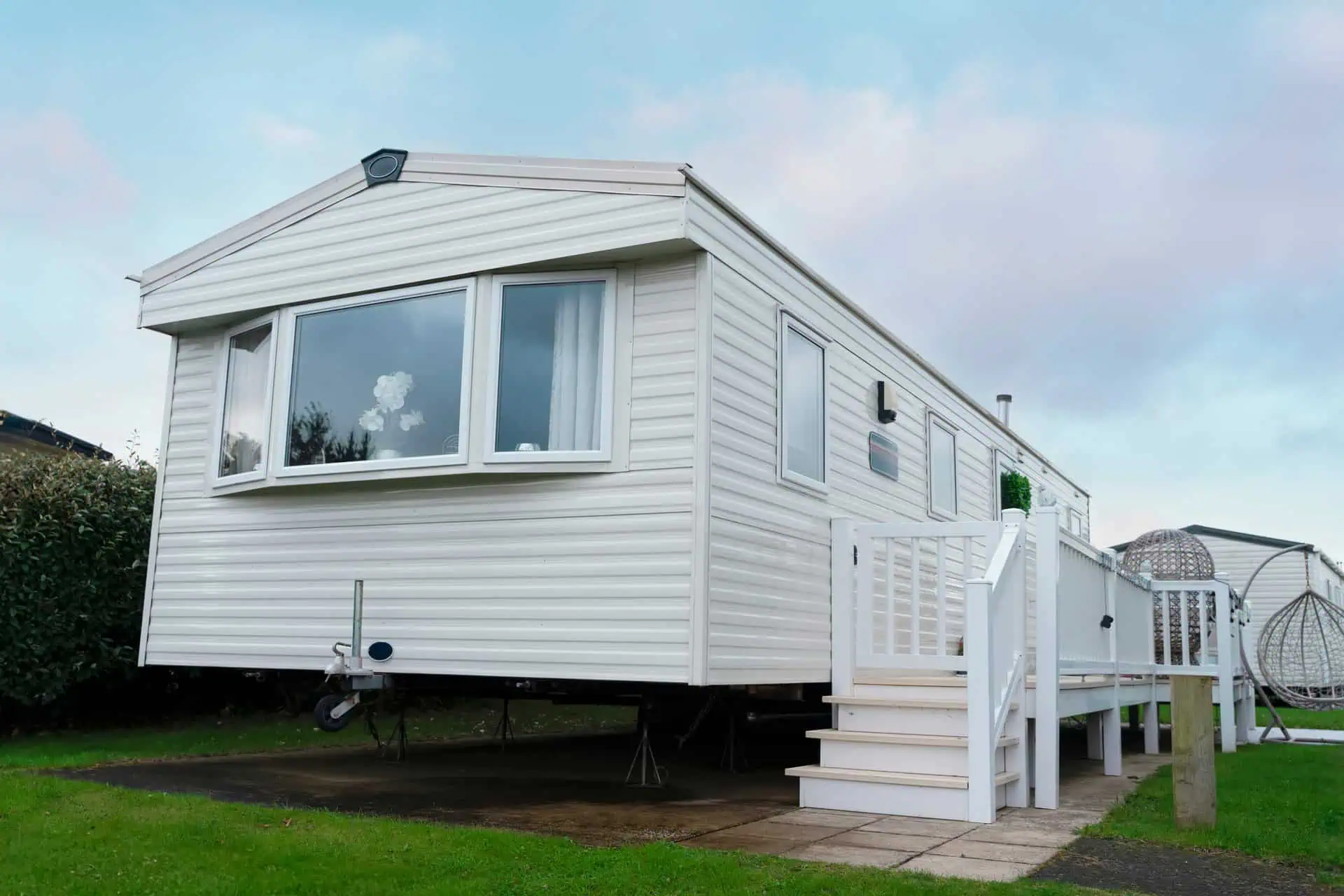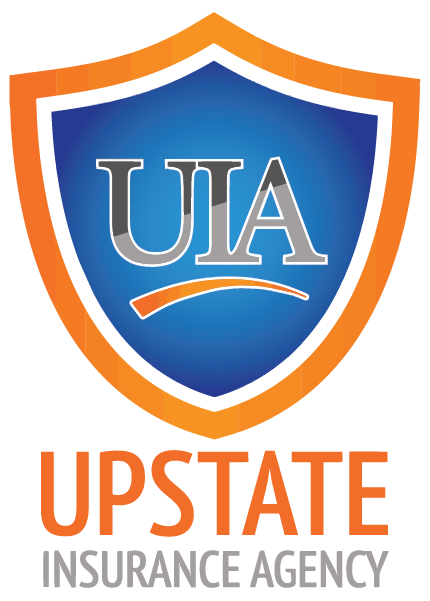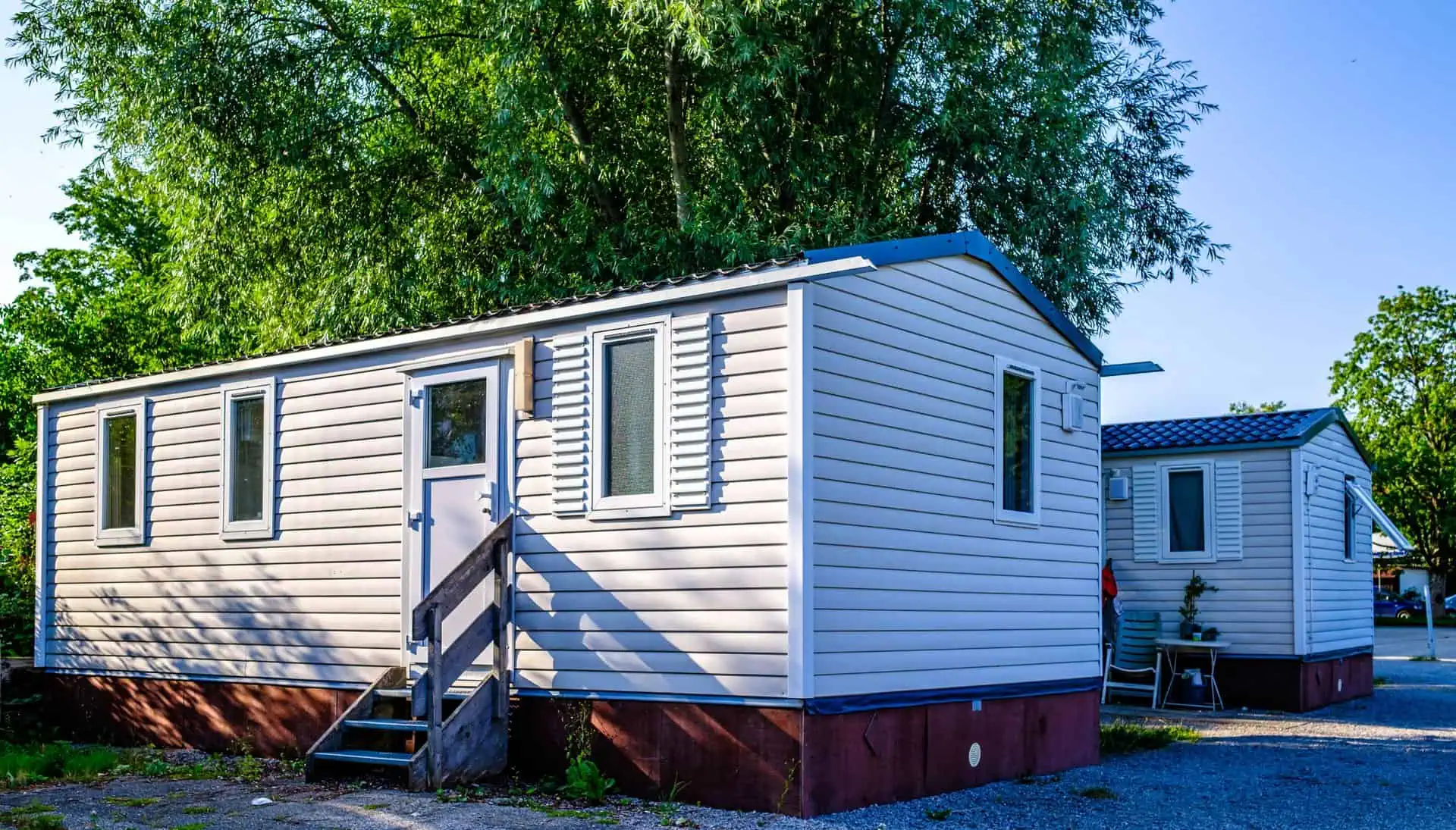Request a quote for Mobile Home Insurance
Upstate Insurance Agency | Insurance in New York + Pennsylvania
What is mobile home insurance?
Mobile home insurance is a specialized form of coverage designed to protect mobile and manufactured homes from a range of risks, including damage from natural disasters, fire, theft, and liability. Mobile homes, also known as manufactured homes, are built in a factory and transported to their permanent location. Because of their unique structure and placement, these homes require specific insurance coverage that differs from traditional homeowners insurance.

Why is manufactured home insurance important in New York?
Manufactured home insurance is crucial for residents of New York who own or live in mobile or manufactured homes. While New York is not prone to extreme weather like hurricanes, it still experiences harsh winters, heavy snowfalls, and strong winds, all of which may damage mobile homes. Furthermore, theft or vandalism may also be a concern, especially in more isolated or rural areas.
Without proper insurance coverage, homeowners may be left paying out-of-pocket for expensive repairs or replacement of their home and personal belongings. Manufactured home insurance ensures that these risks are mitigated, providing protection for the home, its contents, and any liability issues that may arise.
Looking for coverage now?
Get a quote for Mobile Home Insurance
Our team is here to give you a quote for the insurance coverages you need to protect the things most important to you. Get your quote now!
What does mobile home insurance cover?
Mobile home insurance in New York typically includes several essential coverage areas:
- Dwelling coverage: This covers the structure of the mobile or manufactured home itself. If the home is damaged by a covered event, such as fire, wind, or hail, dwelling coverage will pay for repairs or rebuilding costs.
- Personal property coverage: This part of the policy protects your belongings, such as furniture, electronics, clothing, and appliances. If these items are damaged or stolen, personal property coverage helps cover the cost of replacing them.
- Liability coverage: If someone is injured while on your property, liability coverage helps pay for medical bills, legal expenses, and any damages awarded in a lawsuit.
- Additional living expenses (ALE): If your mobile home becomes uninhabitable due to a covered event, ALE coverage may help pay for temporary living arrangements, such as hotel stays, meals, and other related expenses while your home is being repaired or rebuilt.
- Other structures coverage: If you have additional structures on your property, such as a shed or detached garage, this coverage will help pay for repairs or replacement if they are damaged by a covered peril.
Mobile home insurance policies may be tailored to meet your specific needs, offering various options to adjust coverage limits and deductibles.
How can New York homeowners obtain mobile home insurance?
Reach out to the independent agents at Upstate Insurance Agency for a fast quote on mobile home insurance in New York. Our experienced team understands the unique needs of mobile and manufactured homeowners, ensuring you receive personalized coverage tailored to protect your property and assets. Whether you need protection from natural disasters, theft, or liability, we may help you find the right policy at an affordable rate.

For any questions or concerns, reach out to our independent insurance agents.
Office Location:


